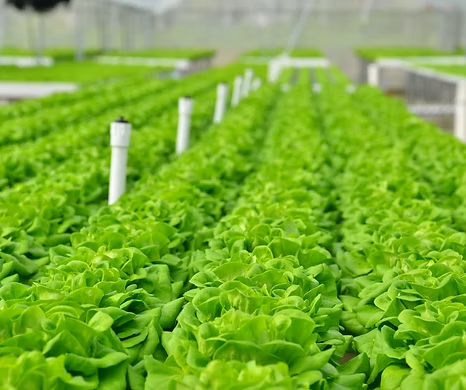The history of hydroponics (1)
- aquagreensocial
- Sep 19, 2023
- 2 min read
As far back as in ancient times, humans began experimenting with planting crops without using soil. One early example of this is the Aztec civilization's "Floating Gardens." They created artificial islands called "Chinampas" and utilized the rich nutrients from the lakes to cultivate crops such as corn, beans, and squash. The roots of these plants were suspended in water, absorbing sufficient nutrients, allowing this ancient civilization to obtain crops in a non-traditional environment.

(The image illustrates the ancient concept of Chinampas hydroponics. Image source: iStock, ilbusca.)
However, it wasn't until modern times that hydroponic cultivation experienced significant advancements. In the early 20th century, an American researcher named William Frederick Gericke became a prominent figure in the history of hydroponics. His passion for plant cultivation and innovative spirit contributed to the development and promotion of hydroponic technology. Gericke is often referred to as the "Father of Hydroponics" as he coined the term "hydroponics" for the first time and extensively explored the possibilities of growing plants in nutrient solutions.

(William Frederick Gericke professor)
Image source:
https://hydroponicgardening.com/history-of-hydroponics/the-birth-of-hydroponics/
His research findings garnered global attention and brought hydroponics into the realm of commercialization. People began to realize that this innovative method of cultivation had numerous advantages. Firstly, hydroponics eliminated the dependence on soil, freeing crops from the constraints of soil quality and geographical conditions. Secondly, it conserved water resources, with hydroponic farms being able to save up to 90% of water compared to traditional farming. Additionally, hydroponics also contributed to reducing the use of pesticides and fertilizers, offering a greener and healthier food choice.
Since then, hydroponics has been continuously evolving and developing. With advancements in technology and a growing demand for sustainable agriculture, hydroponics is becoming a crucial trend in the future of farming.








Comments